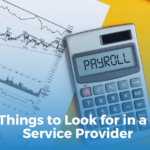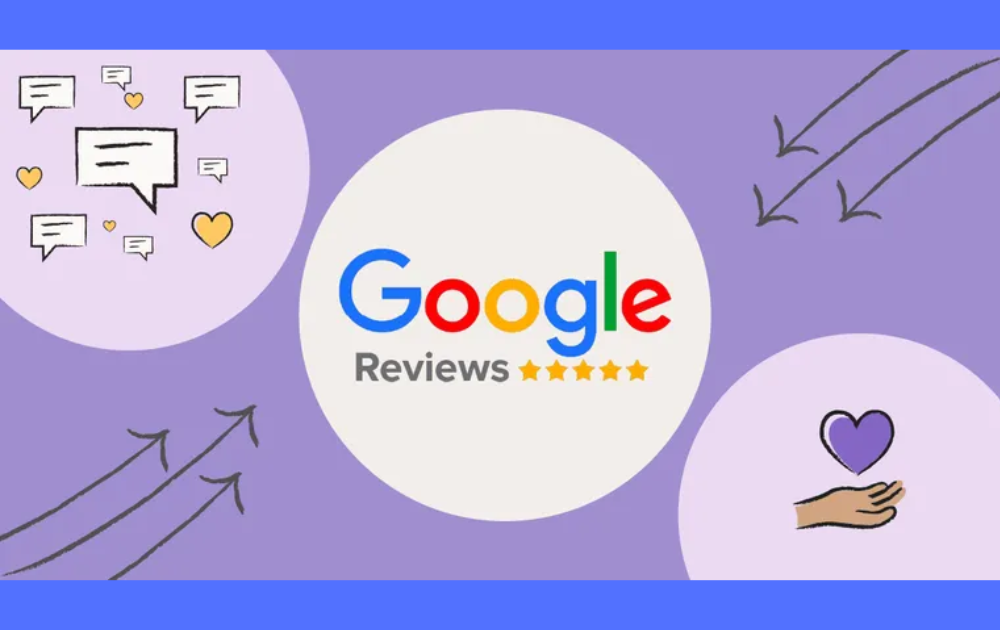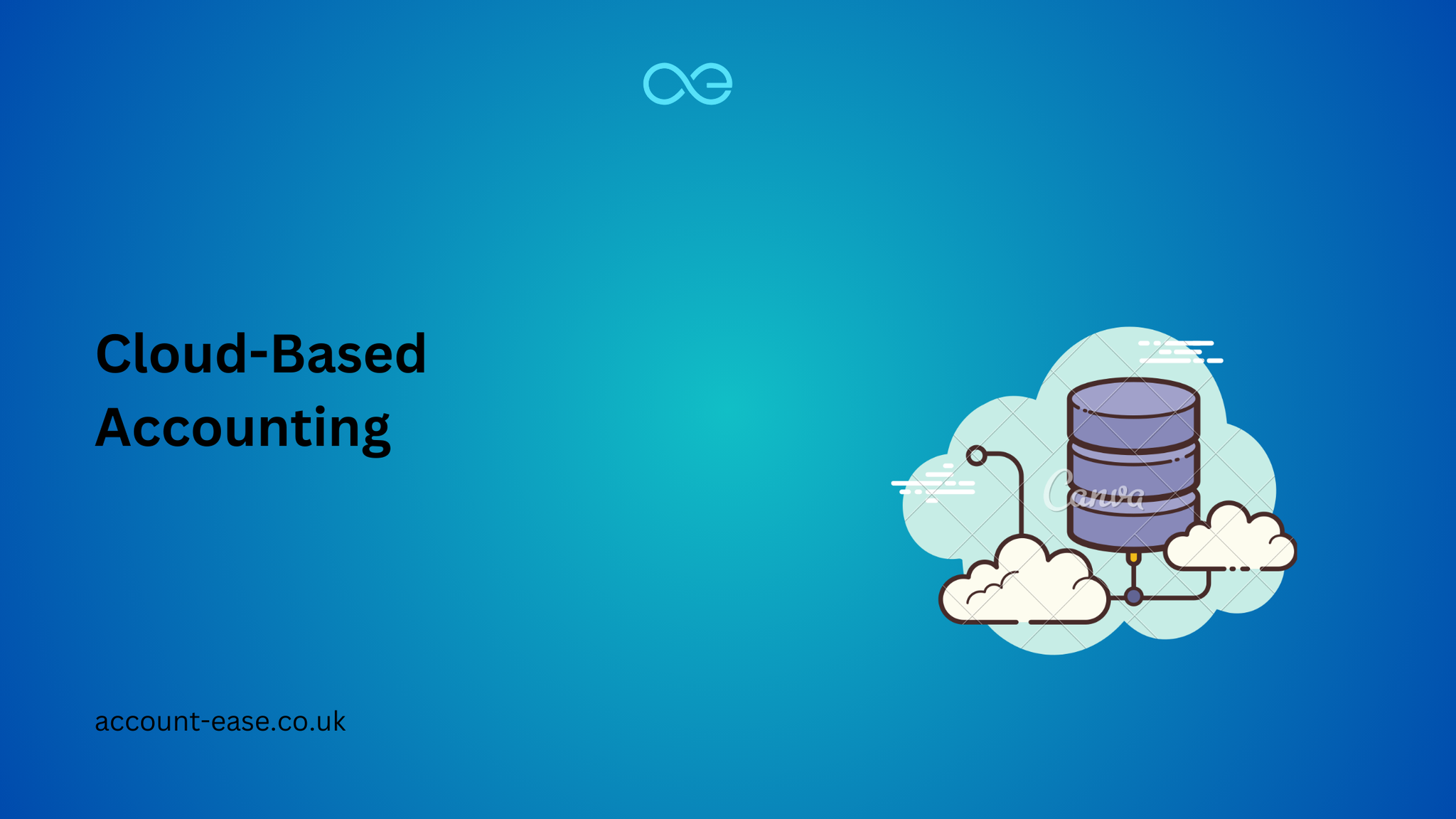Introduction: The Current Scenario in Healthcare App Development
In the digital age, mobile applications are all over the place. Mobile software have revolutionized various industries and the healthcare industry is no exception.
With the advancement in technology, digital-savvy patients are more eager getting accurate medical information and care through mobile healthcare apps (or Health apps). The seamless usage of smartphones has led to a simultaneous increase in the mobile app development for healthcare.
Mobile apps are not only seamlessly integrating into the healthcare strategy, but they are also playing an efficient role in streamlining healthcare operations, reducing costs, and maximizing efficiency.
The list does not end here…
Healthcare apps have essentially become an inevitable tool for both medical professionals and patients. They are playing their part in delivering key patient data to caregivers, providing quick service delivery by enhancing patient engagement, and managing other day-to-day healthcare activities.
How? And why? This is what we are going to answer in this blog. So, let’s delve right into this!
How Do Healthcare Apps Enhancing Patient Engagement
Patient engagement in mobile healthcare apps play a crucial role in enhancing the satisfaction of patients, improving service delivery outcomes and saving costs and resources.
Healthcare Apps Provide Remote Monitoring & Telemedicine
Healthcare apps offer remote monitoring and telemedicine services to facilitate both patients and physicians. The telemedicine features reduce in-person checkups and help to avoid unnecessary hospital visits.
Remote monitoring features within mobile apps encourage patients to monitor their vital signs, such as blood pressure, glucose levels, and heart rate, from the comfort of their homes.
When shared with healthcare professionals, this real-time data enables proactive actions. This ease of use promotes frequent communication between patients and medical staff, strengthening the doctor-patient relationship. All in all, active patient engagement is a foremost goal of healthcare apps or you can say, a by-product that fosters patients’ engagement.
Read more: Software Development Services
Healthcare Apps Offer Fast Accessibility to Medical Information
Mobile apps have profoundly transformed the way the medical information is being transferred and accessed.
Mobile healthcare application users get quick access to medical data and health education. Patients can become knowledgeable about various medical illnesses, symptoms, drugs, and therapies.
Patients who have access to reliable information are better equipped to make educated decisions regarding their health. The access to medical information fosters a sense of engagement in their healthcare journey.
Healthcare Apps Allow Users to Schedule Appointments & Track Follow-ups
Healthcare apps improve patient experience by getting them through it. Patients can schedule appointments within the app to reduce the probability of “no shows”. They can check on healthcare provider’s availability. And if required, can cancel or schedule such appointments.
Discounts coupons, special updates and free medical camps can also be communicated through the mobile healthcare app. Mobile apps can also send personalized birthday or anniversary messages to feel patients warmly welcomed and connected with the mobile app.
Healthcare Apps Provide Medication Management to Facilitate Patients
Another great way to improve patient engagement is conveniently passing them through the hassle of managing multiple medications. It can be difficult to manage several drugs, which might result in medication mistakes and worse health.
The healthcare mobile apps provide help for managing medications, such as dose instructions, pill identification, and reminders. With the help of these features, patients are more likely to take their prescriptions as directed, improving the management of chronic illnesses and reducing the risk of consequences.
In this way, patients feel empowered by staying on the right track of managing their healthcare.
Healthcare Apps Offer Personalized Health Plans
Mobile healthcare apps collect, analyze and interpret users’ data and make healthcare management and fitness plans based on their personal needs. They also gather user fitness goals, preferences and medical history and help towards achieving them by suggesting tailor-made food ideas, lifestyle changes and exercises.
By making healthcare routines more relevant and attainable and encouraging people to actively participate in their well-being, personalization improves patient engagement.
Mobile Healthcare Apps Offers Health Tracking & Gamification Tools
There are many gamification and health tracking features available in healthcare apps that profoundly impact patient engagement.
You must have heard of features such as calorie counter, steps tracker / counter and sleep tracker. They motivate users to stay on the track of their health management journey.
To make health-related activities engaging, several applications include gamification components including challenges, awards, and contests. This encourages patients to reach their health and fitness goals through gamified experiences. In this way, healthcare management is turned into a fun and engaging activity – encapsulating patients too.
Healthcare Apps Connect Users With Other People – Encourage Community Support Groups
Healthcare apps provide a way to motivate you and that’s by socially connecting with other people, who are in the same healthcare journey. They bring together patients with similar healthcare challenges through support groups and community forums. Patients may also feel themselves accountable in front of each other – hence keeping them on the right track.
Patients share their challenges, experiences and tips with one another and get encouragement and emotional support in return. These community platforms massively impact physical, mental and emotional wellbeing of patients, fostering patient engagement in the healthcare management services.
Conclusion: An Affordable & Convenient Way to Enhance Patient Engagement in Healthcare Services
Mobile app development for healthcare is a transformative force that plays a game -changer role in the provision of healthcare services. The mobile healthcare apps empower patients by various elevated features such as streamline processes, enhance efficiency, improve patient satisfaction, gather accurate data and provide quality care to users.
All in all, we’d conclude that healthcare apps improve patient involvement so we cannot survive without medical care apps in this digitally-savvy era.










